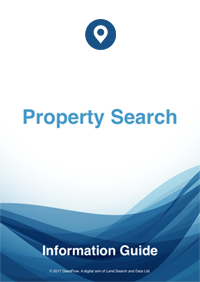Commonhold Ownership
Contents
Overview
Commonhold ownership is an alternative form of ownership to a leasehold ownership and although it was introduced with much fanfare when the Commonhold and Leasehold Reform Act 2002 received the Royal Assent, it has never really taken root. This article discusses what it is and why it has not yet been successful.
Commonhold Associations
Where a development has been created with commonhold tenures, each purchaser automatically becomes a member of a Commonhold Association, and is each responsible for the maintenance and management of the common areas, as would be the case with a leasehold tenure, save that instead of a management company dealing with this, the Commonhold Association would deal with it.
Freehold Tenure
The purchasers acquire a freehold title to their respective properties. Together, they manage the shared areas, known as the commonhold parts. The Land Registry create a Common Parts Register, the owner of which is the Commonhold Association. This means that there is a freehold Title for each flat, or unit holder, and a commonhold Title in respect of the common parts.
All members of the Association make regular payments into a fund for the upkeep of the common parts, and hold meetings to discuss the same.
Benefits of a Commonhold Ownership
- The owner can more easily determine the shared areas of the property and has more control over the maintenance and payment of them. As he is a joint member of the Commonhold Association it is easier to deal with these matters, rather than have to contact a management company.
- The owner meets at least yearly (the AGM) with other members of the Association and they decide together what needs to be done and when.
Problems with a Commonhold Ownership
- Lenders are hesitant to provide finance for the developer due to the legal and financial structures not being as widely established and supported as the leasehold alternative.
- There are complications in transferring management obligations from the developer to the Commonhold Association and the process is expensive.
Title Register
The Land Registry Title Register holds data relating to the property ownership, purchase price, mortgage, tenure, covenants, rights of way, leases and class of title.
£19.95Title Plan
The Title Plan shows an outline of the property and its immediate neighbourhood, and uses colours to identify rights of way, general boundaries and land affected by covenants.
£19.95Lease
The lease will state which parts of the property are shared with others (the common parts), such as entrances, bin stores and car parking areas, and will usually have a detailed lease plan attached to it.
£19.95


